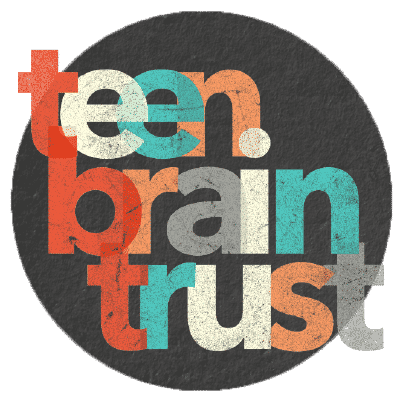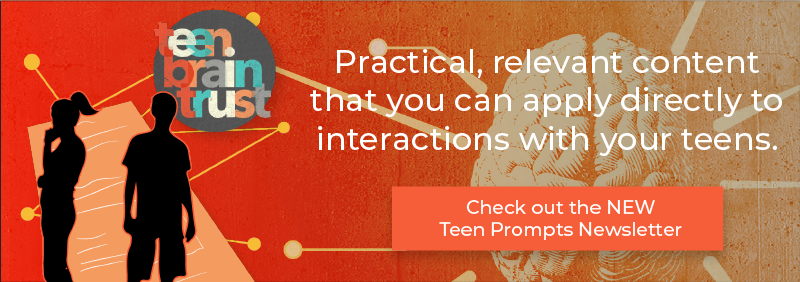The Importance of Follow-Up Conversations on Drug Prevention in Schools
This conversation is from our Free Guide: 7 Conversations About Substance Use to Have With Your Teen (And When to Have Them)
It can be difficult to know when and how to start conversations with our kids on the topic of drugs. Especially when they’re on the younger side. Despite the subject being touchy and uncomfortable, and potentially feeling that it’s better to just turn a blind eye and not bring it up at all, it is essential to establish ourselves as people our kids and teens can approach and talk to about drugs and alcohol openly and honestly. Following up with our kids after they attend a drug education program in school is an excellent way to jump-start this process without the conversation feeling awkward or forced.
The framework below is for you to follow after your kid has attended a school-run drug education program. Doing so can help us understand what our kids have learned and how they feel about what they’ve heard so far. We can also encourage them to reflect on and think critically about the topic by asking the right questions.
NOTE: The questions below can still apply to older kids and teens who are going through a drug education program
How to help your kid process their school's drug education program
When to have this conversation
After their first drug education program or class, usually in 4th or 5th grade.
Why have this conversation
It’s important to establish ourselves as people that it’s OK for our kids to talk to us about drugs early on. Doing so right after their first encounter with the topic of drugs offers an excellent window to do so.
Goals for this conversation
The main goal of this conversation is to encourage our kids to reflect on and think critically about what they learned during their first drug education program. We want to help them process the information they received in a healthy and constructive way. We also want to establish ourselves as a safe and trustworthy person to talk to about drugs. By asking open-ended questions, we can encourage our kids to share their thoughts and feelings on the subject.
How to start this conversation
Ask a question such as, “What did you learn during [name of drug program] today?”
Questions you can use during the conversation
- What do you still have questions about?
- Why do you think it's important to learn about this kind of stuff?
- What did you and your friends talk about after this conversation?
- What do your friends think about it? Do you agree?
Giving our kids an outlet to talk about substance use early on is crucial to keeping them safe and informed. Eventually, they’ll get older and inevitably face off with the opportunity to try drinking or drugs for themselves. By following up with them at their very first point of contact, we can get them thinking critically about this complex topic. By asking thoughtful questions and encouraging reflection, we can help them process the information they received as well as their own thoughts and opinions. It also establishes you as a safe person to talk to, which will be even more critical down the line.
Read More: Teens who are taught harm reduction techniques are less likely to overdose or suffer other adverse effects from drug use.
Share this Post


